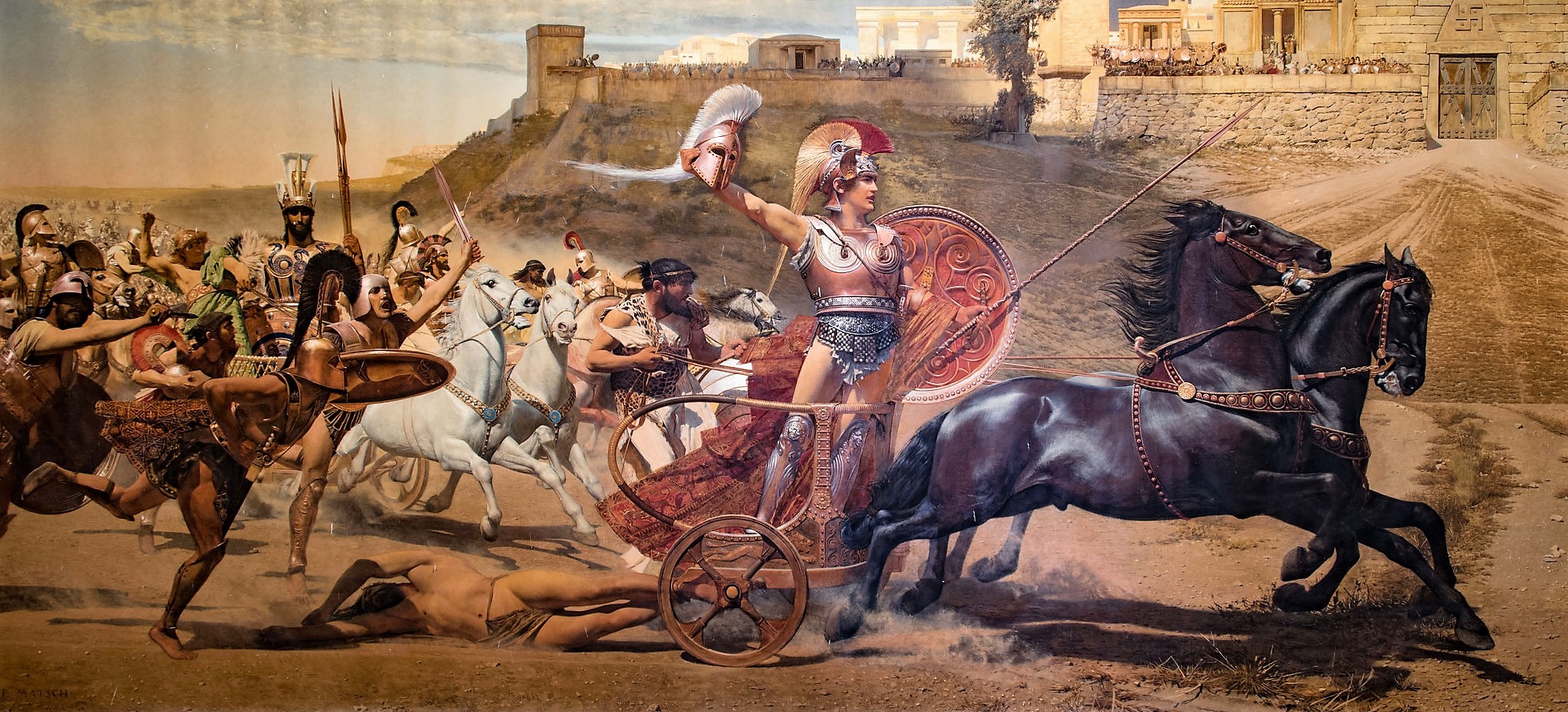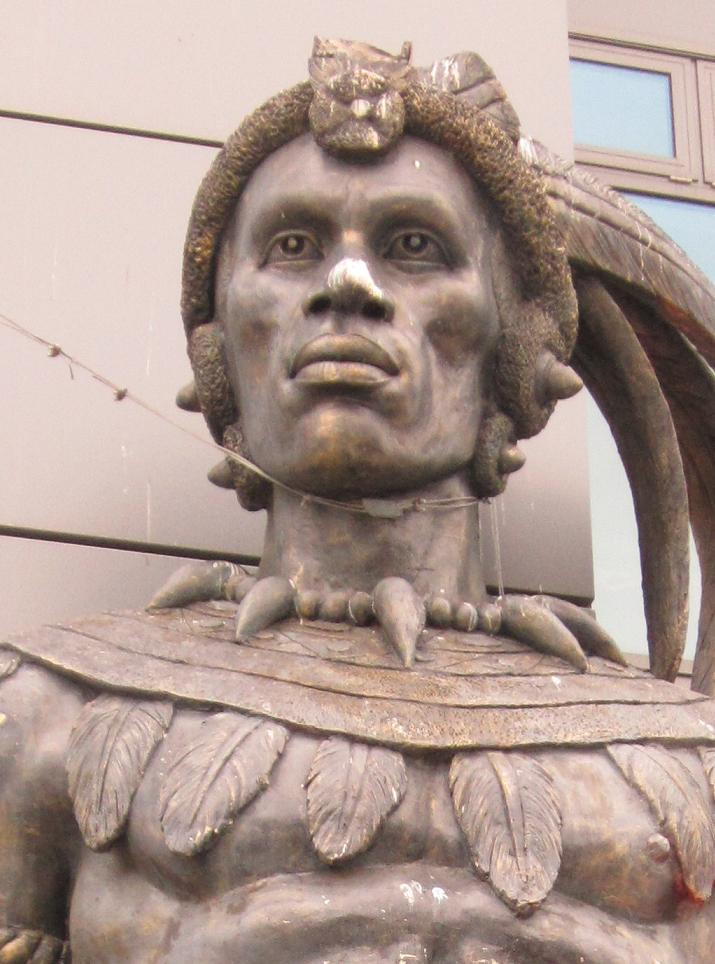Chapter 14. (continued)
Over
thousands of years and billions of people, values enable the survival of a human
society only if they complement the forces underlying physical reality, or, to
be more precise, successful values must cause humans to behave in ways that
complement and accommodate adversity and uncertainty, especially for whole
societies over the long term. Successful values, riding in their human
carriers, can thus go on.
Our
values in modern democracies have been fairly effective at guiding us to
survive and spread, though admittedly not always in humane ways. Over
millennia, the demands of survival in a hazardous reality have caused us to
work out a set of values, morés, and behaviours that (mostly) guide us to
handle both adversity and uncertainty. If we and our forebears had not learned and
implemented our lessons at least moderately well, we would not be here. Having
children is hereditary: if your parents didn’t have any, you won’t have any.

American children
reciting the Pledge of Allegiance
Chinese children saluting
their flag

Children's Day in Iran (2008)
But
we don’t yet comprehend the biggest of these truths in a conscious and
self-aware way. Most people of every nationality still see their values as
being exempt from analysis because via early childhood imprinting we have been
programmed to be deeply, unswervingly loyal to those values. This style of
programming has made the vast majority of people in most societies, both
historical and modern, into unwitting pawns of their society’s way of life. A
major purpose of this book is to help thoughtful readers become consciously
aware of values and turn them into concepts that are available for analysis and
discussion.
First,
then, what are the values that enable humans to respond to the main consequence
of entropy, the unceasing, uphill struggle of life, the quality of life we know
as adversity?
A
whole array of values should be taught to young people to enable them to deal
with adversity. In order to deal well with adversity, a society needs large
numbers of people willing, even eager, to face constant struggle, exertion,
exhaustion, and pain. In fact, a society proves most effective and durable if
its citizens take up the offensive against the relentless decay of the universe.
Children taught to embrace challenge become adults who seek to bring new
territories (perhaps even planets) under their tribe’s control, to devise new
ways of growing and storing food and building shelters, to use technology to
accomplish more work with less human exertion, and, in general, to perform the
tasks of survival more efficiently.
When
we generalize about what these entropy-driven behaviour clusters have in
common, we derive two giant values that are found in all cultures; these are courage and wisdom.
In
different cultures all over the world, courage is instilled in the young, which
is what we would expect if it really does work. Bergson spoke of élan, Nietzsche of the will to power.1 Japanese
samurai women and men lived by bushido,
their code of total discipline, and European nations lived by a similar code, chivalry, right into modern times. But
beyond the difficulties of translation from culture to culture and era to era,
we see in all these values a common motif: they all direct their disciples to
train themselves to persevere through challenges and obstacles of all kinds,
even to seek challenge out. Achilles chose a brief, hard life of
honour over a longer, easier one of obscurity. For centuries, the ancient Greeks
considered him to be a model of a man, as do some people in nations that have
absorbed ancient Greek culture to this day. Many other cultures have similar
heroes.

Achilles dragging body of Hector behind his chariot

alleged photo of Apache leader Crazy Horse

statue of Shaka, Zulu leader
Huo Yuanjia, Chinese martial artist
Confucius
said that the superior man thinks always of virtue, while the common man thinks
always of comfort. Nineteenth-century English writer K.H. Digby put it this
way: “Chivalry is only a name for that general spirit or state of mind which
disposes men to heroic actions, and keeps them conversant with all that is
beautiful and sublime in the intellectual and moral world.”2
The
exhortation to meet and even seek adversity echoes through all societies. Young
people everywhere are especially encouraged to face hazards in defense of their
nations. We can sum up the gist of all of these values by saying that they are
built around the principle that in English is called courage.
No comments:
Post a Comment
What are your thoughts now? Comment and I will reply. I promise.